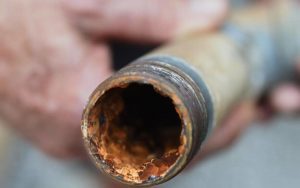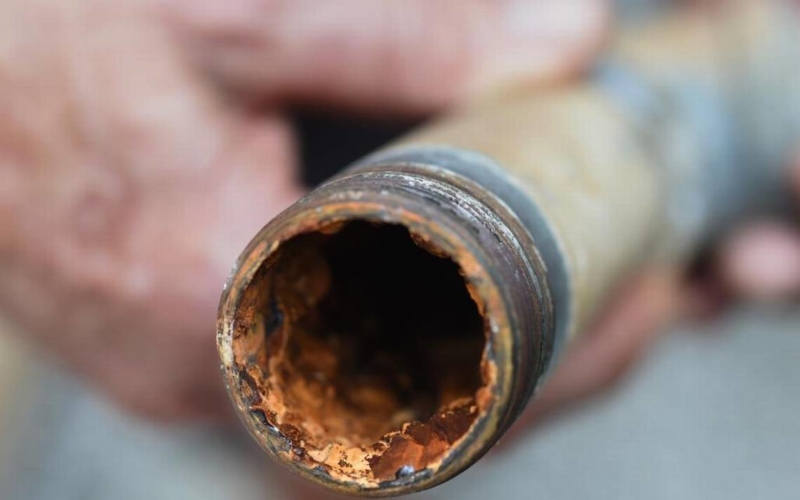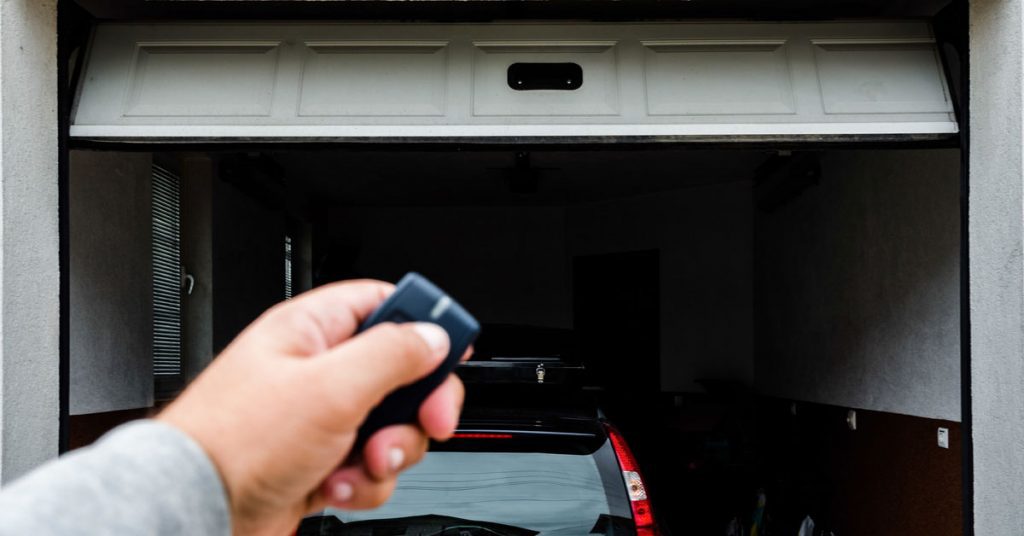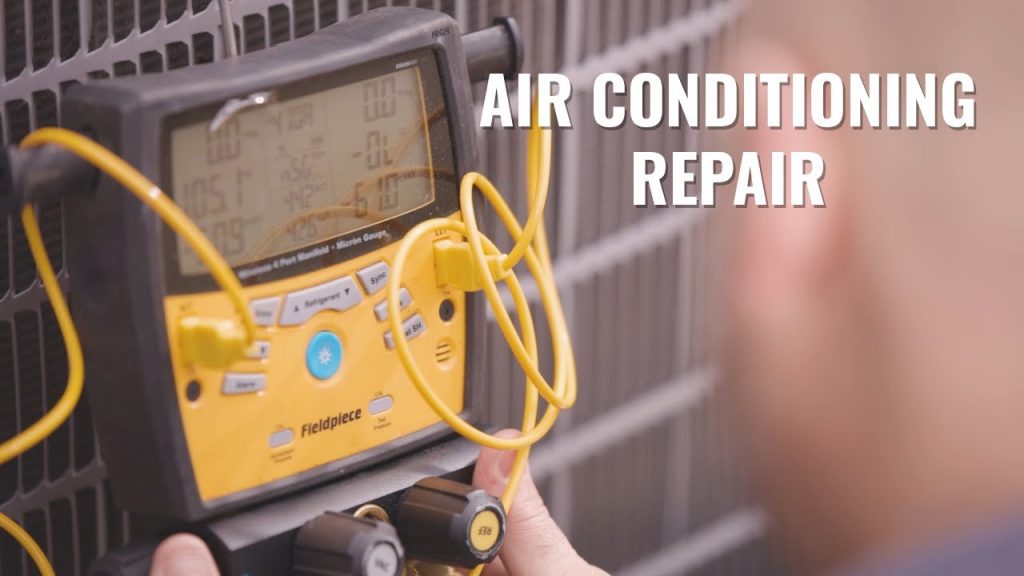What Is Pipe Corrosion And How Does It Work? Today’s guest blog is by One Stop Plumbers. The opinions expressed by the author in this and all guest blogs are not necessarily those of Gainesville Remodel.

What Is Pipe Corrosion And How Does It Work?
As with most things in our home, pipes too have a lifespan. Even the most durable pipes such as copper pipes are prone to corrosion after some time (although in their case it’s 50+ years). Pipe corrosion is a serious issue that affects most plumbing systems at some point and can also have an impact on the quality of water you drink.
Corrosion can have a different effect depending on the type of pipes you are using. Galvanized pipe corrosion is not the same as iron pipe corrosion and different factors can lead to them. One thing they do have in common is that they affect how safe your drinking water is.
To learn more about recognizing and preventing pipe corrosion, we spoke to the experts at OneStop Plumbers.
What Causes Pipes To Corrode?
Corrosion occurs due to the metal the pipes are made of losing electrons when they are in contact with another substance, also known as electrochemical electron exchange. This affects the material on a molecular level, causing it to grow and ultimately lead to various issues such as clogs, rust, and leaks.
Some of the most common causes of pipe corrosion include
Low PH. PH value lower than 7 means that your water is acidic. This type of water dissolves the pipes from the inside, causing corrosion.
High oxygen levels. High oxygen levels in the water can speed up oxidation or rust. If you don’t check your pipes for rust, over time the rust will spread and create a clog.
Water quality. If your water is high in mineral content (known as hard water), it can cause calcification and mineral buildup.
Electrical currents. If there is an ungrounded electrical current that has come in contact with your copper pipes, the reaction may stimulate corrosion.
High-velocity water. If the water travels at high velocity it can cause wear in your pipes, especially if it’s hot water.
Is It Safe To Drink The Water From Corroded Pipes?
Corrosion can have various effects on the quality of water, including:
- Bitter taste
- Odor
- Cloudiness
- Discoloration
Depending on the type of pipes you are using, the corrosion can affect the safety of the water differently, potentially causing health issues.
Iron pipes
These pipes are prone to clogging. The iron in the water may color the water red and while it is not harmful, it can taste bad.
Copper pipes
Corrosion in copper pipes will make the water blue, which means there is copper in your water. Excessive levels of copper may lead to various health problems, including liver and kidney issues.
Plastic/PVC pipes
They are not prone to corrosion, but information on how their prolonged use can affect the water is still scarce due to the fact that they are relatively new on the market.
Lead pipes
They are extremely dangerous if they corrode. Water from corroded lead pipes can lead to health issues and are especially harmful to children. Therefore, it’s highly advised to replace any lead pipes you may have in your home to minimize the risk.
How To Prevent Pipe Corrosion?
Make sure you have a trustworthy plumber inspect your pipes for any signs of corrosion. They are able to determine what is causing the corrosion using a method called Langelier Saturation Index (LSI) which measures
- PH levels
- Conductivity
- Alkalinity
- Hardness
- Total dissolved solids
However, this method cannot detect if there is lead in the water.
To prevent pipe corrosion, you can use a water filter or softener to control the quality of the water you get. That way you can treat hard water before it reaches the pipes, removing the risk of the minerals causing an issue. These filters can also stop various bacteria and chemicals that might lead to corrosion as well.




